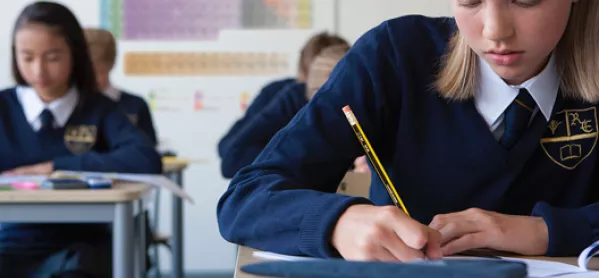Independent schools are choosing to drop their charitable status, new figures reveal.
The change follows government proposals to force schools with charitable status to work more with the state sector, which one independent school headteacher equated to “a gun pointing to our heads”.
Many independent schools were already thought to be unhappy with the requirements placed on them by having charitable status, which provides certain tax breaks.
Now it has emerged that nine schools have changed their legal status from charitable to non-charitable in the past year.
The figures were contained in a report released today by the Independent Schools Council, a membership body that includes around 80 per cent of all private schools.
The proportion of ISC schools with charitable status has dropped this year to 75 per cent, from 77 per cent last year. Thirty-two schools joining the ISC in the past year did not have charitable status.
Bernard Trafford, interim head of the Purcell School, in Hertfordshire, and a former headmaster of the Royal Grammar School, Newcastle upon Tyne, said smaller schools might be deterred from retaining their charitable status due to the “cranked up” political climate.
Political pressure
“There’s this huge pressure on independent schools to prove public benefit...The political rhetoric has got so cranked up now that people might just say, ‘We’re going to spend our lives proving we’re doing good stuff,’” he said.
“Already what we’re putting in annual reports is pretty over-the-top really - proving and proving and proving that we’re good neighbours.
“I’m not saying we shouldn’t be, and I think we want to be. But if [schools] are in a position to say, ‘We don’t want to keep proving this,’ perhaps that’s what they’re doing.”
The ISC report also reveals that private school fees have risen by more than the rate of inflation, with families now paying out more than £5,700 a term on average.
Average fees have risen by 3.4 per cent compared with last year, while inflation stands at 2.5 per cent.
However, this increase is the lowest since 1994.
Julie Robinson, ISC general secretary, said: “It is important to remember that these families save the government money by not taking up state school places.
“ISC schools save the taxpayer £3 billion a year from students not being in state education and contribute £9.5 billion to overall UK GDP.”




